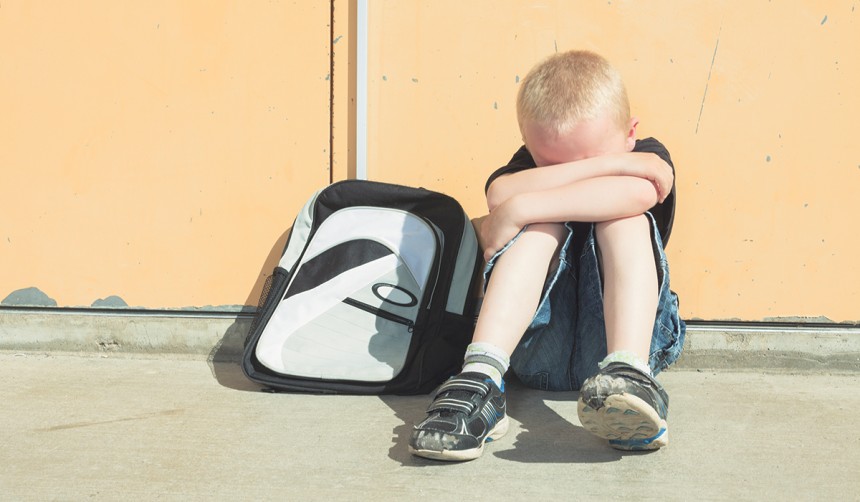
For the next two months, TELL is making noise about the cost of bullying—a source of concern both globally and in Japan—with particular attention to its impact on youth.
Bullying can take many different forms—physical, verbal, or emotional—and can be direct or indirect. It involves unwanted aggressive behavior toward an individual that involves a power imbalance, whether real or perceived. Cyberbullying involves the use of cell phones, instant messaging, email, chat rooms, or social networking sites to harass, threaten, or intimidate. Whatever the form, the intent is to make someone else feel bad. Sadly, most children worldwide will experience some form of bullying while at school; and for many, it’s ongoing.
Bullying is associated with such negative consequences as low self-esteem, school absenteeism, a drop in grades, mental health issues, and even suicide.
A recent U.S. meta analysis of 491 bullying studies found a significant correlation between bullying and suicide ideations, along with suicide attempts—and it is stronger in youth (according to Gini and Espelage, 2014).
Unlike conventional bullying, cyberbullying can happen 24/7. Messages and images can be posted anonymously and instantly distributed to a wide audience. It can be difficult to trace the source, and more so to delete inappropriate or harassing content once posted.
In 2013, the Japanese Education Ministry reported nearly 200,000 cases of school bullying. Of these, nearly 1,000 were reported to the police, and 196 suicides occurred. Cyberbullying made up 4.7 percent of all reported cases, a 12-percent increase from 2012. The government also reported that, on average, students aged 10-17 spent 107 minutes per day on mobile devices, and more than two hours a day online.
Nara University clinical psychologist Tokuhiro Ikejima says, “In Japan, bullying tends to happen between very close friends, and the situation is often worsened because bystanders do not try to intervene. The bullying often takes the form of social exclusion rather than violence.”
Despite these challenges, countries across the world are scurrying to combat cyberbullying. In June 2013, Japan’s National Diet enacted an anti-bullying bill to prevent increasingly serious cases in reaction to a string of incidents that led to suicides and murder.
As of April 1, 2015, Aichi Prefecture introduced a law banning the use of smartphones and mobile devices after 9pm for children aged 6-15 years. The curfew aims to discourage children from spending an unhealthy amount of time on electronic devices, as well as reducing online bullying.
However, laws are only one part of the equation; bullying is an issue that needs attention from the whole community. TELL understands that bullying is a serious concern in schools and communities, and when left unattended, can have a serious impact on a young person’s mental health, emotional well-being, and identity. Children left unsupported can develop unhealthy coping strategies leading to self-harm, isolation, and mental health problems that affect their ability to learn and develop healthy relationships.
In February of this year, TELL launched our anti-bullying video contest, “Stand Up, Don’t Stand By.” The competition is open to middle and high school students, and raises awareness of the role of the bystander, stressing that bullying is something everyone can take a stand against. Bystanders can either be part of the problem or an important piece of the solution.
Certain groups are more vulnerable to bullying than others, such as students with learning or developmental disorders, or with gender and sexual orientation issues. LGBTQ youth are more likely to experience physical, sexual, and dating violence than their peers, and two to seven times more likely to attempt suicide.
On April 25 and 26, TELL will have a booth at the Tokyo Rainbow Pride Festival and march in the parade to raise awareness of the issues facing the LGBTQ community and particularly LGBTQ youth.
On May 24, our annual charity walk and runathon is all about anti-bullying. We hope that schools, students, parents, and organizations in Japan will support our efforts, join our events, and help fight against bullying to make school a safe place for our youth.







